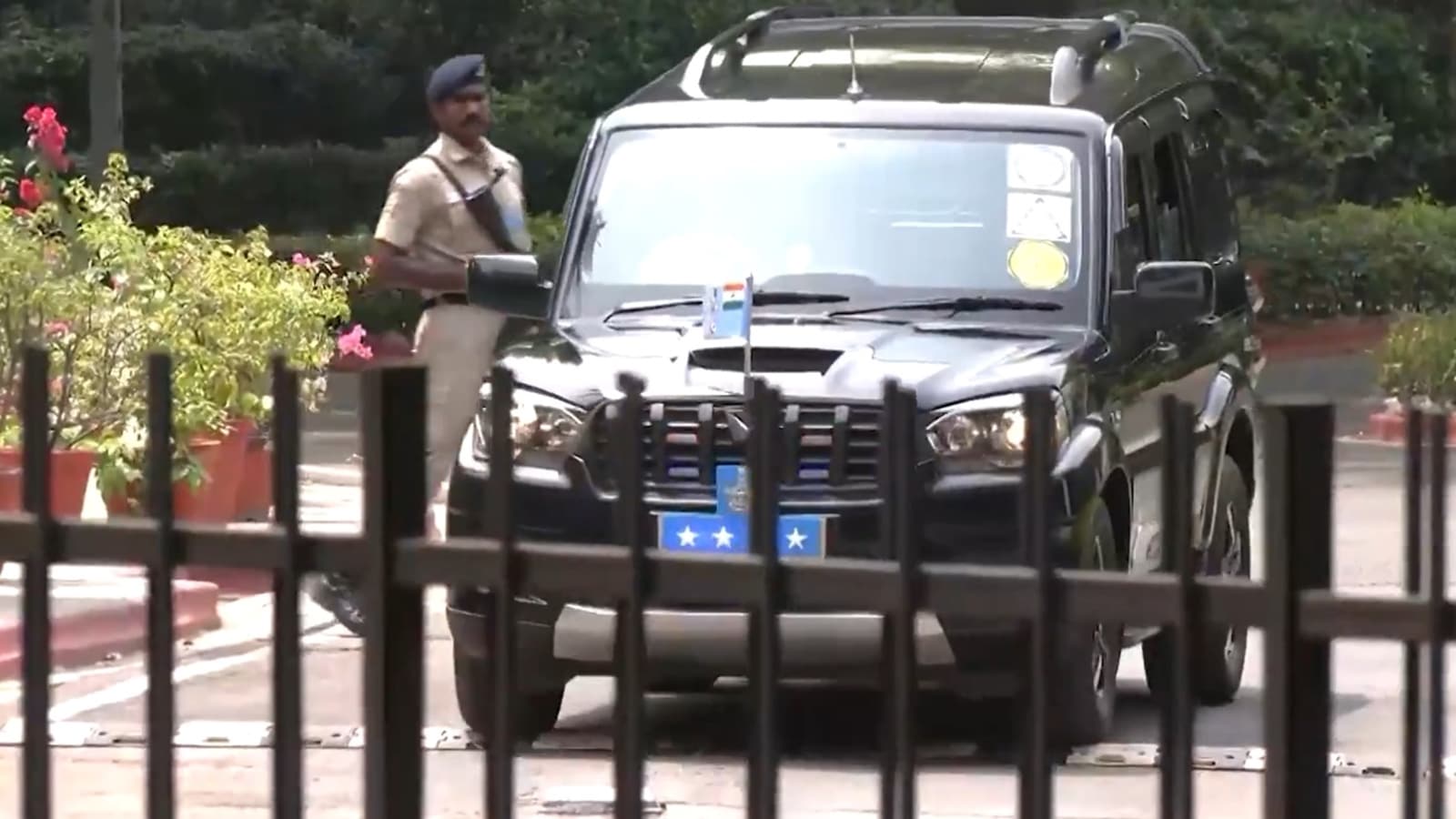New Delhi: In the aftermath of the deadly Pahalgam terror attack that claimed 26 lives, India has ramped up its military preparedness and economic restrictions against Pakistan. According to official sources, both the Indian Air Force (IAF) and the Indian Navy briefed Prime Minister Narendra Modi on Sunday, outlining potential retaliatory options and readiness across strategic domains.
The Indian government has also intensified its crackdown on indirect imports from Pakistan, estimated to be worth over $500 million. These include fruits, leather goods, textiles, and industrial materials that are being relabelled and routed through countries like the UAE, Singapore, Sri Lanka, and Indonesia.
High-Level Security Meetings Held
IAF Chief Air Chief Marshal A P Singh held a high-level meeting with PM Modi at 7, Lok Kalyan Marg, briefing him on India’s aerial combat preparedness. Hours earlier, Navy Chief Admiral Dinesh K Tripathi had also apprised the Prime Minister of maritime strategic posturing in the northern Arabian Sea, where operational warships and surveillance aircraft are already deployed.

Sources indicated that the armed forces are on standby to execute precise, calibrated responses once directives are issued. A previous security review meeting on April 29—attended by top military leadership including Defence Minister Rajnath Singh, NSA Ajit Doval, and Chiefs of all three services—saw PM Modi granting “complete operational freedom” to the military.
India Cracks Down on Pakistani Goods via Third Countries
As part of its punitive economic measures, India has prohibited all direct and indirect imports from Pakistan. The Directorate General of Foreign Trade (DGFT) issued a notification on May 2 formalizing this restriction, which also empowers customs officials to intercept relabelled Pakistani goods at ports and border checkpoints.
Despite the near-zero direct imports from Pakistan—valued at just $0.42 million in the first 10 months of FY25—Pakistani goods are still entering the Indian market via third-party countries. Government sources confirmed that items such as dry dates, rock salt, and soda ash were being repackaged to circumvent import bans.
Pakistan’s Economy Feels the Squeeze
This move is another blow to Pakistan’s already fragile economy. Earlier actions by India—such as the withdrawal of the Most Favoured Nation (MFN) status after the 2019 Pulwama attack and the imposition of a 200% customs duty on Pakistani imports—had already shrunk bilateral trade significantly. India’s imports from Pakistan fell from $495 million in FY19 to nearly negligible levels.
Meanwhile, Pakistan continues to import Indian products—mainly medicines, chemicals, and sugar—worth $1.2 billion in FY24, many through informal or third-country routes due to superior quality and cost-effectiveness.
Military and Economic Signals Aligned
The dual-pronged approach—military preparedness and economic isolation—underscores India’s national policy of not separating “terror and trade.” Defence Minister Rajnath Singh reaffirmed this stance at a public event, stating, “We will give a muh tod jawab (crushing reply) to those who dare to harm our country.”
Pakistan has reportedly responded by placing 30% of its frontline troops on high alert and reinforcing air defences along the Line of Control (LoC). Indian forces have also carried out strategic redeployments to neutralize any retaliatory threats.
Conclusion
As India grapples with the aftermath of the Pahalgam attack, it is clear that both military retaliation and economic sanctions are being deployed in tandem to send a strong message. With PM Modi granting full autonomy to the armed forces, the coming days could see decisive action, while customs and trade agencies remain vigilant to enforce the sweeping ban on Pakistani imports.
Stay tuned for further updates as the situation develops across both strategic and economic fronts.









